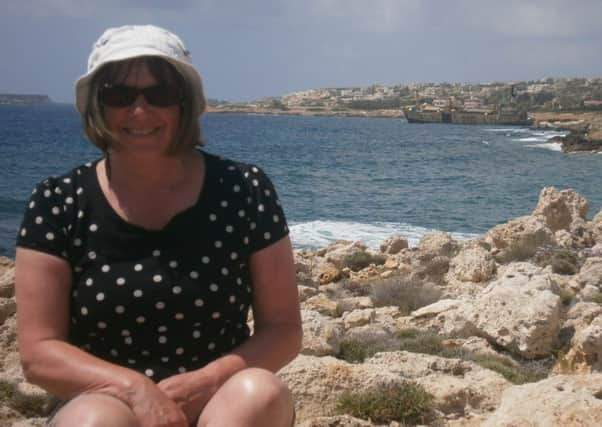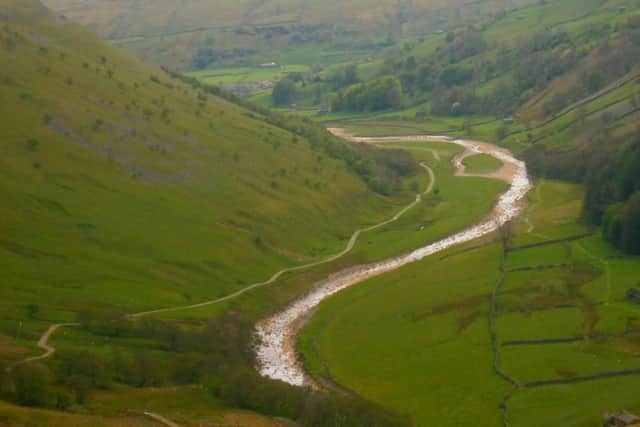Opinion: We live in hope on finding otters


No, not an occasion to contact the Drug Squad, but volunteers from the Yorkshire Wildlife Trust, about to survey a section of the River Swale looking for otter signs.
For decades otters had been in decline due to river pollution and persecution, when we volunteered their numbers were slowly increasing.
The trust wanted otter activity recording.


Advertisement
Hide AdAdvertisement
Hide AdEnthusiastic volunteers met every few months to survey a section of their allotted river and record any findings.
We were looking for spraint (otter pooh) footprints , they have webbed feet and five toes and holts (resting places), and if we were extremely lucky a possible otter sighting.
Otter spraint has a distinct and not unpleasant aroma (hence the sniffing) it is also full of fish bones. We would post any pooh or footprint photographs back to the trust for verification.
We kept all our genuine specimens for future reference. Surveying a riverbank is a fabulous way of getting close to nature as we also recorded evidence of other species visiting the riverbank.


Advertisement
Hide AdAdvertisement
Hide AdOn many occasions the dense undergrowth caused us to become completely lost in the wood.
Falling into the river was a regular occurrence, rocks in the centre of a fast flowing river are ideal places for otters to deposit their spraint, so any soft mound spotted on a rock had to be investigated.
Otters are shy creatures so we decided from the start that if we ever caught sight of one on our patch we would open a bottle of champagne in celebration.
Gradually, with improvements to river quality,and better understanding of these endearing creatures, otters have made a comeback and there is evidence they are now present in every river in England.
Advertisement
Hide AdAdvertisement
Hide AdThe only otters we ever saw in 20 years were dead ones, their main cause of death being road kill.
We collected the bodies and put them in the freezer for eventual collection by the Environment Agency who sent them to a lab in Wales for post mortem.
Two years later, the detailed results were sent back into the cause of death, what they had been eating, their general state of health before death and so on.
It also gives a clear indication of the health of our rivers. Our champagne is still on ice, but we live in hope.